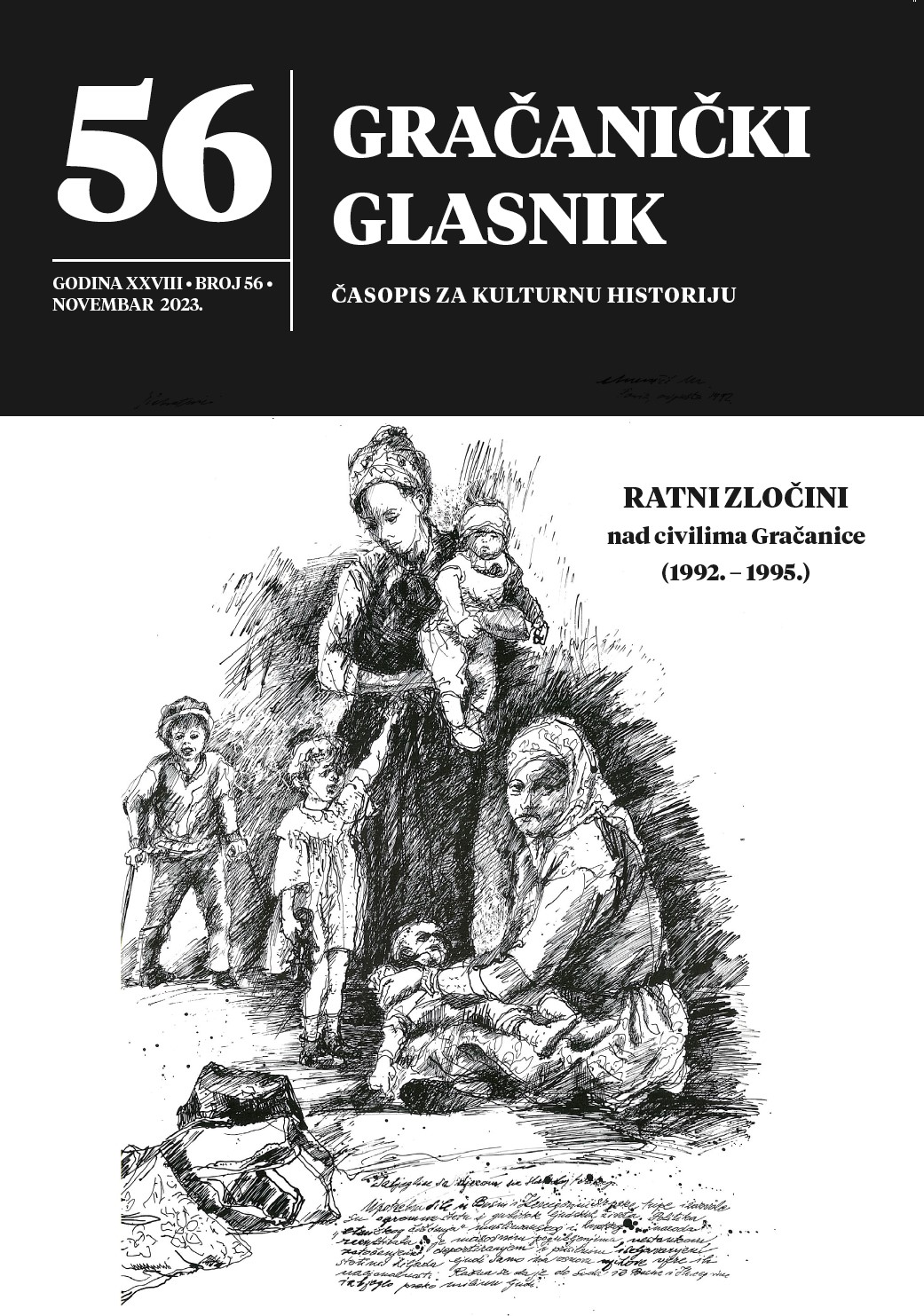Krivični progon ratnih zločina u Bosni i Hercegovini (1992. – 1995.) - lični pogled iz perspektive Gračanice
Criminal Prosecution of War Crimes in Bosnia and Herzegovina (a Personal View from the Perspective of Gračanica)
Author(s): Omer HamzićSubject(s): Transformation Period (1990 - 2010), Wars in Jugoslavia
Published by: Izdavačka kuća »Monos« d.o.o
Keywords: Gracanica; war crime; judiciary; Prosecutor's Office of Tuzla Canton; criminal prosecution;
Summary/Abstract: The issues surrounding the criminal prosecution of war crimes that must be addressed in post-conflict societies, such as Bosnia, are by no means simple. On the contrary, after severe conflicts and wars, people living in such societies must continue their lives and confront the question of what to do with a past full of victims, criminals, mass graves, and official denial of these crimes. The prosecution of war crimes is not only a legal matter in our context; it is also a political, national, patriotic, and historical question. All these aspects must be taken into account to understand the perception of all these processes in our society. There are many open and painful questions, and the most challenging is how to prevent that these crimes repeat themselves in the future. The answer is that we must bring history to light, bring criminals to justice, and through fair judgments “reunite the society of former enemies.” Only through justice and truth can a sick society heal, and the peoples on behalf of whom the crimes were committed can experience catharsis. Although in this work, we presented the issues of the criminal prosecution of war crimes from a subjective perspective with a focus on local conditions in Gračanica, we want to emphasize the broader societal dimension and importance of prosecuting war crimes. The criminal prosecution of war crimes and determining the responsibility of the perpetrators cannot be just the interest and need of victims but of the entire society in which many victims and many criminals still live. Relying solely on the expectations and feelings of victims neglects this fundamentally significant societal dimension and reduces the need for the entire society to separate (distance itself) from criminals to a group need, i.e., the need only of those who were victims. Reducing the whole story to the problem of victims has unfortunately become a practice in our public discourse because domestic politicians at all levels push victims forward, thus hiding their inaction and incompetence. On the other hand, prosecutors in Bosnia and Herzegovina face a large number of cases, a lack of staff and resources, as well as a lack of political support. As the Gračanica case is not an exception, we believe that our research effort to collect and publish evidence of committed war crimes could serve as an example for many other communities where nothing has been done either in historical research or in the criminal prosecution of war crimes. For now, we have done everything in our power. Only a few have helped us in this endeavor. We’re thankful for that.
Journal: Gračanički glasnik - Časopis za kulturnu historiju
- Issue Year: 2023
- Issue No: 56
- Page Range: 9-28
- Page Count: 20
- Language: Bosnian

